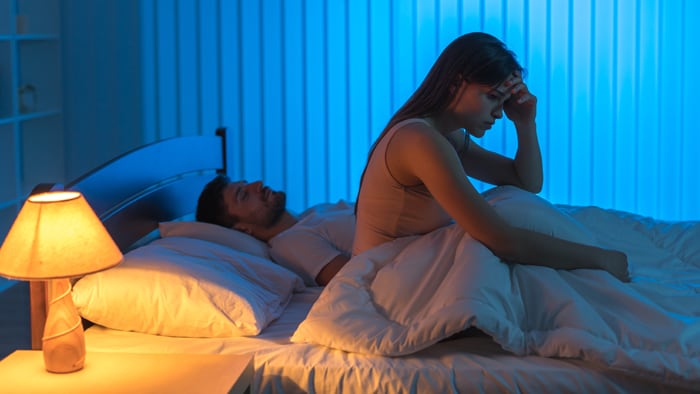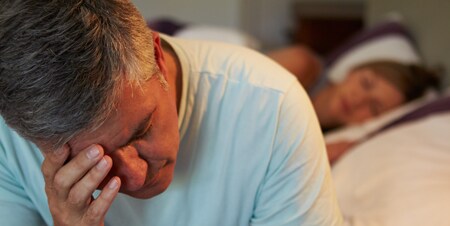Break the Cycle: Caffeine Free
Caffeine is a natural chemical stimulant that is commonly found in coffee, tea, soft drinks, and energy drinks. According to the U.S. Food and Drug Administration (FDA), about 80 percent of U.S. adults intake some form of caffeine every day.
How Caffeine Works in the Body
Caffeine stimulates the central nervous system (CNS) to make you feel more alert. Adenosine is a chemical in the body that is responsible for making you sleepy. Caffeine mimics the adenosine receptors, and when it enters the body, it binds to the receptors, thus acting like adenosine and tricking the body into thinking it's not time for sleep. If you consume large amounts of caffeine in response, your brain develops more adenosine receptors which keep you awake. Over time it will take more and more caffeine to help keep you awake. Caffeine also builds up the adrenaline supply in the body. This increases the heart rate as well as gets your blood flow pumping and opens up your airways. While in the body, the caffeine keeps the happy chemical dopamine from getting reabsorbed into your system, which helps to give you that feel good effect. This dopamine effect is what helps to make coffee so addictive and why you need more and more to keep feeling good.
Recommended Amount
Though caffeine affects each person differently, the FDA recommends that healthy adults consume no more than 400 milligrams a day. This is approximately equal to four or five cups of coffee. Caffeine is not recommended for children, and those who have health problems should consult with their physician to make sure it's safe. Caffeine levels typically peak within the body within 1 hour, but some people feel the effects in as little as 15 minutes. Between 5-6 hours after the caffeine has been consumed, half of it is still present in the body and it can take 10 hours or more for it to completely leave the bloodstream.
Impact on Sleep
Caffeine, even when taking only the recommended amounts, can affect your sleep. Consuming coffee 6 hours before bedtime can reduce total sleep time by at least 1 hour in some people. It is recommended to avoid caffeine altogether in the late afternoon or evening so that it doesn't disrupt your sleep. Caffeine is not a substitute for getting enough rest and should not be used to replace good old fashioned sleep.
Long term effects
There are some long-term effects associated with the heavy use of caffeine. A few symptoms include:
Withdrawal
If not careful, over time your body can become dependent on caffeine and need it to function. Stopping caffeine cold turkey can cause the body to go through withdrawal or detox. Symptoms can include headaches, fatigue, drowsiness, irritability, difficult concentrating, and even flu-like symptoms. Symptoms can start within 12-24 and can last up to seven days. To keep your body from going through withdrawal, it is best to gradually wean yourself off caffeine over a 2 to 3 week period. Switch to low caffeine options such as decaffeinated coffee or teas, which can help your body slowly get used to functioning without caffeine. Pay close attention to the labels on beverages and check out the caffeine levels. Increase your water intake. Not only is water a healthier option, but it also can help to flush caffeine from the body and ensure you stay hydrated. Try not to consume coffee daily or stick to one cup and more importantly be on the lookout for any signs or symptoms of too much caffeine.


